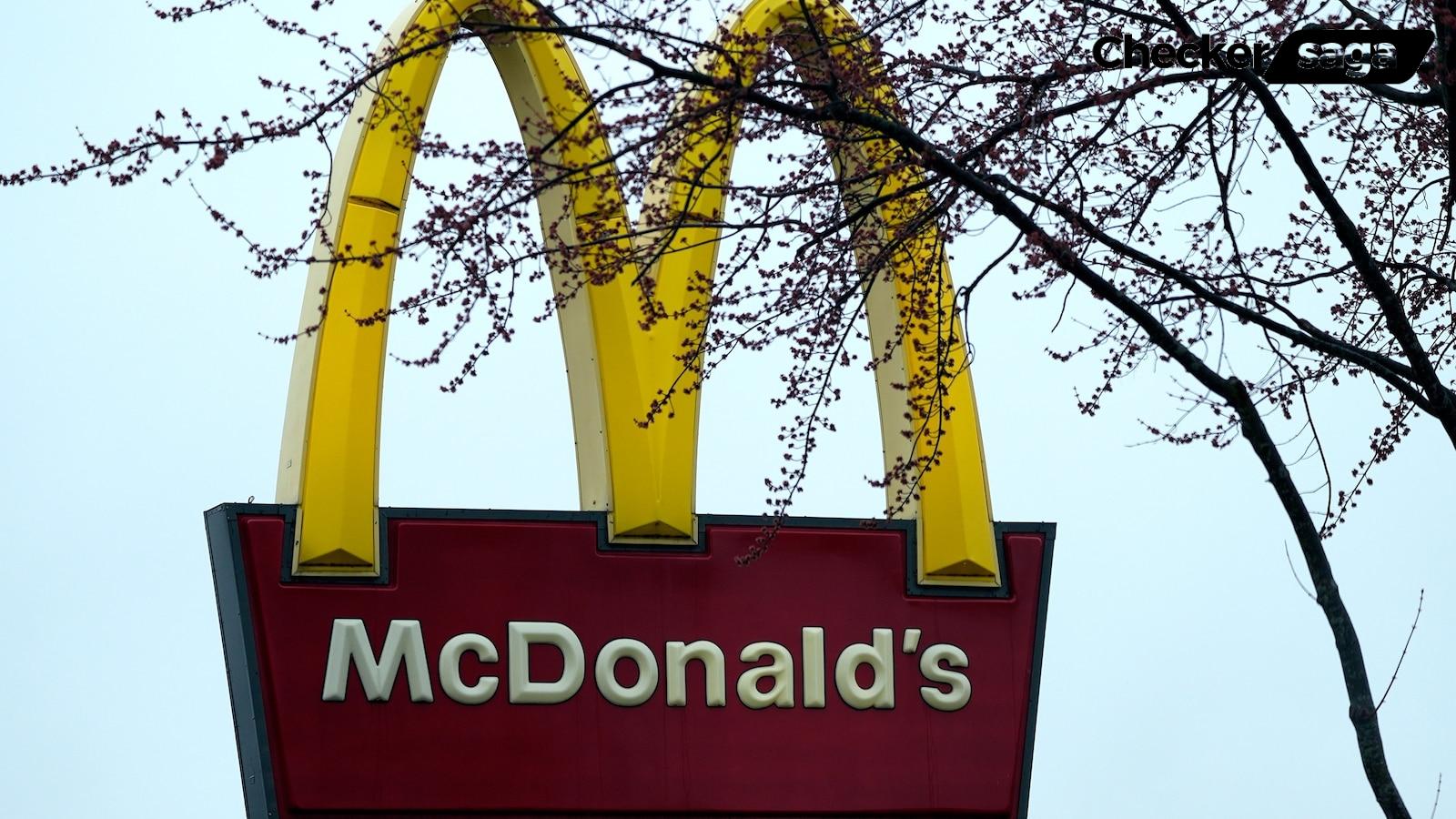Recently, two big names in the fast-food and retail world, McDonald’s and Walmart, have made headlines for changing their diversity, equity, and inclusion (DEI) policies. This shift has caught the attention of many people, raising questions about what diversity in the workplace looks like today.
McDonald’s Rolls Back DEI Initiatives
This week, McDonald’s announced that they would be ending some of their DEI programs. The company pointed to the completion of a Civil Rights Audit and legal changes as reasons for their decision. With this announcement, they removed leadership diversity goals and training programs that focused on supplier diversity. However, even with these changes, McDonald’s insists they remain committed to inclusion, highlighting that 30% of their leaders in the U.S. come from underrepresented groups.
Walmart’s Similar Moves
Walmart, another major player, decided to end some DEI efforts, including reviewing grants that support Pride events. These actions by both companies come amid a larger trend where several organizations are reassessing their commitment to DEI. It’s a moment many are watching closely, especially in light of recent political discussions surrounding workforce inclusion.
The Shifting Landscape of DEI
The changes at these corporations are part of a broader movement seen across the country. In recent years, especially following the protests for racial justice in 2020, many companies had expanded their DEI initiatives. Now, as political climates shift and conservative perspectives become louder, companies are rethinking these programs. This has sparked debates about what workplace diversity truly means and how it affects team morale and performance.
Experts Weigh In
Experts say that while companies like McDonald’s and Walmart insist they still support diversity, the scaling back of DEI initiatives might send mixed messages to employees. Some argue this could hurt the overall morale and make employees feel less valued. Others worry that these changes might lead to fewer opportunities for underrepresented groups in leadership positions and reduce support for important community events.
Companies Adjusting to Political Pressures
As these changes happen, a number of companies – including John Deere, Ford, and Harley-Davidson – have also made similar adjustments. For instance, Ford recently stopped participating in a benchmark index from the Human Rights Campaign, which focused on LGBTQ+ inclusion. These actions come at a time when conservative leaders are pushing against what they describe as ‘wokeness’ in corporate America.
The Debate Continues
This decision by leading companies raises vital questions about the future of DEI in workplaces across the U.S. Some believe that a focus on inclusion, diversity, and equity is essential for a healthy work environment. However, the recent trends suggest a significant shift away from these ideals. As businesses respond to the current political climate, many people, including employees and community advocates, are concerned about how these changes will affect future opportunities for all.
What’s Next for Corporate Leaders?
Many are left wondering what will come next for McDonald’s, Walmart, and other companies as they navigate this landscape. Will they fully reinstate their DEI efforts, or will this trend continue to grow? These questions remain unanswered, but one thing is clear: the conversation about diversity and inclusion in the workplace is far from over.
























